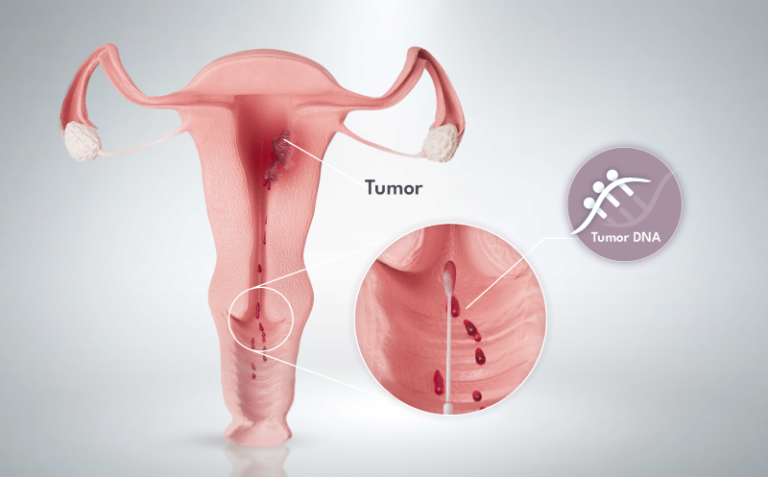New Womb Cancer Test Now Available to Women in the UK
- The Female Body
- Mar 20
- 3 min read

A groundbreaking new diagnostic test for womb cancer, developed by researchers at UCL and the University of Innsbruck, has been registered with the Medicines and Healthcare products Regulatory Agency (MHRA), allowing it to be made available to the public.
The WID®-easy test, developed by UCL spinout company Sola Diagnostics, performs on par with ultrasound in detecting womb cancer while reducing false positives by 87%. This breakthrough could help prevent unnecessary invasive procedures, potentially benefiting hundreds of thousands of women in the UK each year.
Initially available to women aged 45 and above with abnormal uterine bleeding, the test is currently being rolled out in private clinics, with hopes to introduce it to the NHS soon.
The WID®-easy test offers a simple, quick solution for women visiting their doctor for abnormal uterine bleeding. During their appointment, a swab is taken from the vagina and sent for analysis. The test employs polymerase chain reaction (PCR), a widely used, cost-effective method also employed in COVID-19 detection.
The test identifies DNA methylation—a unique pattern found in cancerous cells, like a barcode. This pattern can be “scanned” to determine if womb cancer is present. If the test is positive, further confirmation through a biopsy is required.
The NHS is currently facing difficulties in meeting its targets for gynaecology, achieving the Faster Diagnosis Standard only 66% of the time instead of the targeted 75%. The WID®-easy test could help streamline the diagnostic process, offering a less invasive alternative for women who otherwise face unnecessary biopsies, while also helping doctors prioritise high-risk cases.
A significant advantage of the WID®-easy test is its effectiveness across diverse ethnic groups, including Black women, for whom ultrasound can be less reliable in ruling out womb cancer. This marks a major improvement over traditional ultrasound methods.
Professor Martin Widschwendter, inventor of the WID®-easy test, expressed pride in the test’s development. He said, “The WID®-easy test is the first of its kind in the UK. Our rigorous research has resulted in a solution that addresses a crucial gap in women’s healthcare and provides accurate results across all women.”
Athena Lamnisos, CEO of The Eve Appeal, emphasised the test’s potential to improve women’s health. “Currently, the tests for investigating abnormal bleeding and checking for womb cancer can be invasive and uncomfortable. This new test provides a less painful alternative, particularly benefiting Black women, who are often diagnosed at a later stage,” she said.
Womb cancer diagnoses have increased by nearly 60% since the 1990s, with more than 10,000 women diagnosed each year in the UK. The WID®-easy test could help reduce the number of invasive procedures needed for diagnosis and provide peace of mind to women experiencing abnormal bleeding.
Currently, most postmenopausal women with abnormal bleeding undergo a transvaginal ultrasound, which is not always effective, particularly for Black women who may have benign fibroids. This test could improve early detection, reducing the need for invasive procedures like hysteroscopies, which are often painful.
Data from the WID®-easy test shows high performance across all women, potentially revolutionising the diagnostic process. Sola Diagnostics, founded in 2020 by Professor Widschwendter, is working to bring this test to the clinic after years of research supported by The Eve Appeal, the UK’s leading charity for gynaecological cancers.
Sola Diagnostics' test is currently available in clinics across Austria and Switzerland, with plans for a broader UK rollout. UCL Business (UCLB) worked closely with Professor Widschwendter to protect the intellectual property surrounding the WID®-easy test.
For more information about WID®-easy and to find clinics offering the test in the UK, visit www.aghealth.co.uk/wid-easy.

Comments